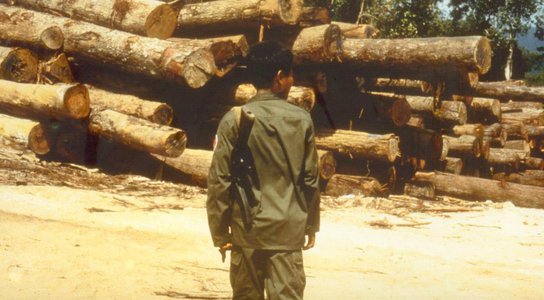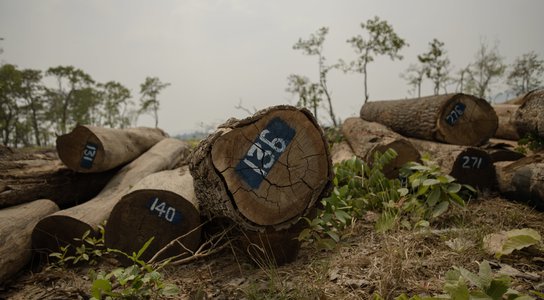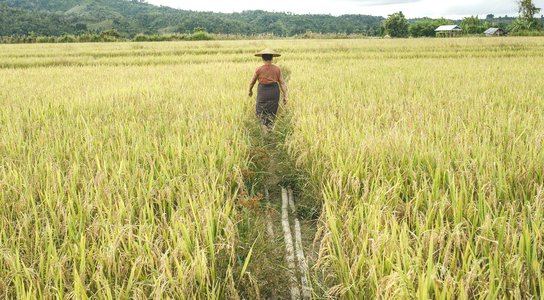A major blow was dealt to Cambodian democracy last week. A repressive new piece of legislation – the Law on Associations and NGOs known as LANGO - which threatens to silence all government critics was passed by the parliament and is now just waiting to be rubber stamped by King Norodom Sihamoni.
Giving the government total control over all groups from big, international NGOs to community-based grassroots movements, the LANGO enables the ruling Cambodian People’s Party to pick and choose which groups can exist and criminalise those deemed to be trouble makers. Cambodia’s brave and vibrant civil society has struggled for decades to keep the country’s notoriously corrupt government in check, an already-uphill battle which the LANGO makes considerably harder.
With this deliberate shrinking of national democratic space, activists are turning their focus to international justice to offer some kind of respite to Cambodia’s beleaguered citizens. Attention last week turned to Wednesday’s second submission of evidence to the International Criminal Court (ICC) on an unprecedented case against Cambodia’s ruling elite. Originally filed last October by law firm Global Diligence and supported by international human rights movement FIDH, the case alleges that land grabbing conducted in Cambodia 'on a truly massive scale' by senior members of the Cambodian government, its security forces, and government-connected business leaders amounts to a crime against humanity, and should be punishable under international law. The case also highlights the tactics employed by Cambodian elites to quash resistance to their plunder, which have included persecution, unlawful imprisonment, violence and murder.
The new evidence handed over to the ICC this week claims that an extra 60,000 Cambodians have been affected by land grabs since January 2014, taking the total number of people impacted to 830,000, equivalent to 5.5 per cent of the country’s population. These people have been forced off their land, away from the farmland and forests they rely upon for survival, and pushed deeper into poverty. With the court system highly-politicised and the judiciary coopted by ruling elites, these land grab victims currently have no chance of receiving any kind of remedy from within Cambodia.
The ICC case comes at a time when Cambodia appears to be experiencing an end to more than two decades of relative freedom. Soon to follow the introduction of LANGO this week is an equally repressive Trade Union Law. Legislation to monitor, control and criminalise online activism is also in the pipeline in the form of Cybercrime and Telecoms Laws. The combined weight of these laws will grant the Cambodian government discretionary powers to silence any individual or group challenging their power or reputation, both online and offline. With the strong support of Cambodia’s opposition party, civil society groups continue to march against the LANGO in a last ditch attempt to stop it from passing. Ninety six national and international organisations – including Global Witness - came together this week to urge the King to reject the law.
However, foreign governments who provide more than a third of Cambodia’s annual aid budget have largely failed to condemn the LANGO, despite their reliance on civil society groups to deliver many of their promises to alleviate poverty and promote human rights and social justice in the face of rampant government corruption. This is a major failure by the international community to step up and defend Cambodia’s democratic space and one that could have ramifications for decades to come.
With the country’s current trajectory moving towards a major increase in political suppression, it becomes even more vital that the ICC takes on the Cambodia case. It may be the only chance for Cambodia’s hundreds of thousands of victims of land grabs to get some kind of justice.


